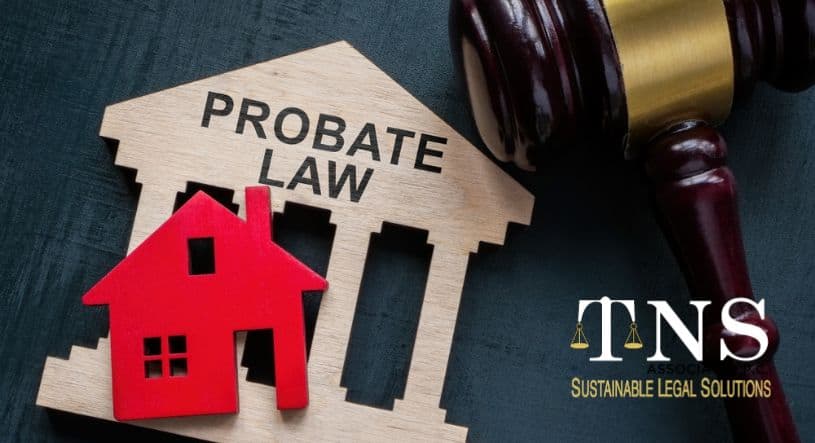Purpose of Probate

When a loved one passes away, amidst the grief and loss, a process of fulfilling their final wishes begins. This process is known as probate. Probate is the legal process of transferring the assets of a deceased person to their heirs.
This process is supervised by a probate court and is overseen by a personal representative, also known as an executor. The personal representative is responsible for gathering and valuing the deceased person’s assets, paying off their debts, and distributing the remaining assets to their heirs.
Why is Probate Necessary?
There are several reasons why probate is necessary:
- To ensure that the deceased person’s assets are distributed according to their wishes. If the deceased person had a will, the probate court will oversee the execution of the will and ensure that the assets are distributed to the beneficiaries named in the will. If the deceased person did not have a will, the probate court will distribute the assets according to the state’s intestate succession laws.
- To protect the deceased person’s creditors. Creditors have a right to be paid from the deceased person’s estate before any assets are distributed to the heirs. The probate process ensures that all creditors have a fair opportunity to file claims against the estate and to be paid what they are owed.
- To prevent fraud. The probate court oversees the administration of the estate and ensures that the personal representative is acting in the best interests of the beneficiaries. The probate court also provides a forum for any disputes over the deceased person’s assets to be resolved.
- To identify and inventory all of the deceased person’s assets. The probate process includes gathering and valuing all of the deceased person’s assets, including bank accounts, real estate, investments, and personal property. This can be helpful for the beneficiaries, as it may help them to identify assets that they were not aware of.
- To pay the deceased person’s debts and taxes. Before any assets can be distributed to the beneficiaries, the personal representative must pay off the deceased person’s debts and taxes. The probate process helps to ensure that all of the deceased person’s obligations are met before their assets are distributed.
- To transfer title to the deceased person’s property to the beneficiaries. Once all of the deceased person’s debts and taxes have been paid, the personal representative can begin to distribute the remaining assets to the beneficiaries. The probate process helps to ensure that the beneficiaries receive clear title to the deceased person’s property.
- To resolve any disputes over the deceased person’s estate. If there are any disputes over the deceased person’s assets, the probate court can provide a forum for these disputes to be resolved. The probate court can also appoint a guardian ad litem to represent the interests of minor or incapacitated beneficiaries.
Ease the Burden with Professional Legal Guidance
In the conclusion of life’s journey, probate stands as the final chapter in ensuring that a person’s legacy is honored and their wishes fulfilled. Thomas N. Scheffel & Associates, P.C., remains committed to assisting families and individuals through this necessary legal passage with respect, legal acumen, and unwavering support.
If you are navigating the intricacies of probate, or wish to plan effectively for your estate, connect with us. Let our probate attorneys in Denver Colorado safeguard your legacy and provide the peace of mind that comes with knowing your estate will be handled just as you wish.
